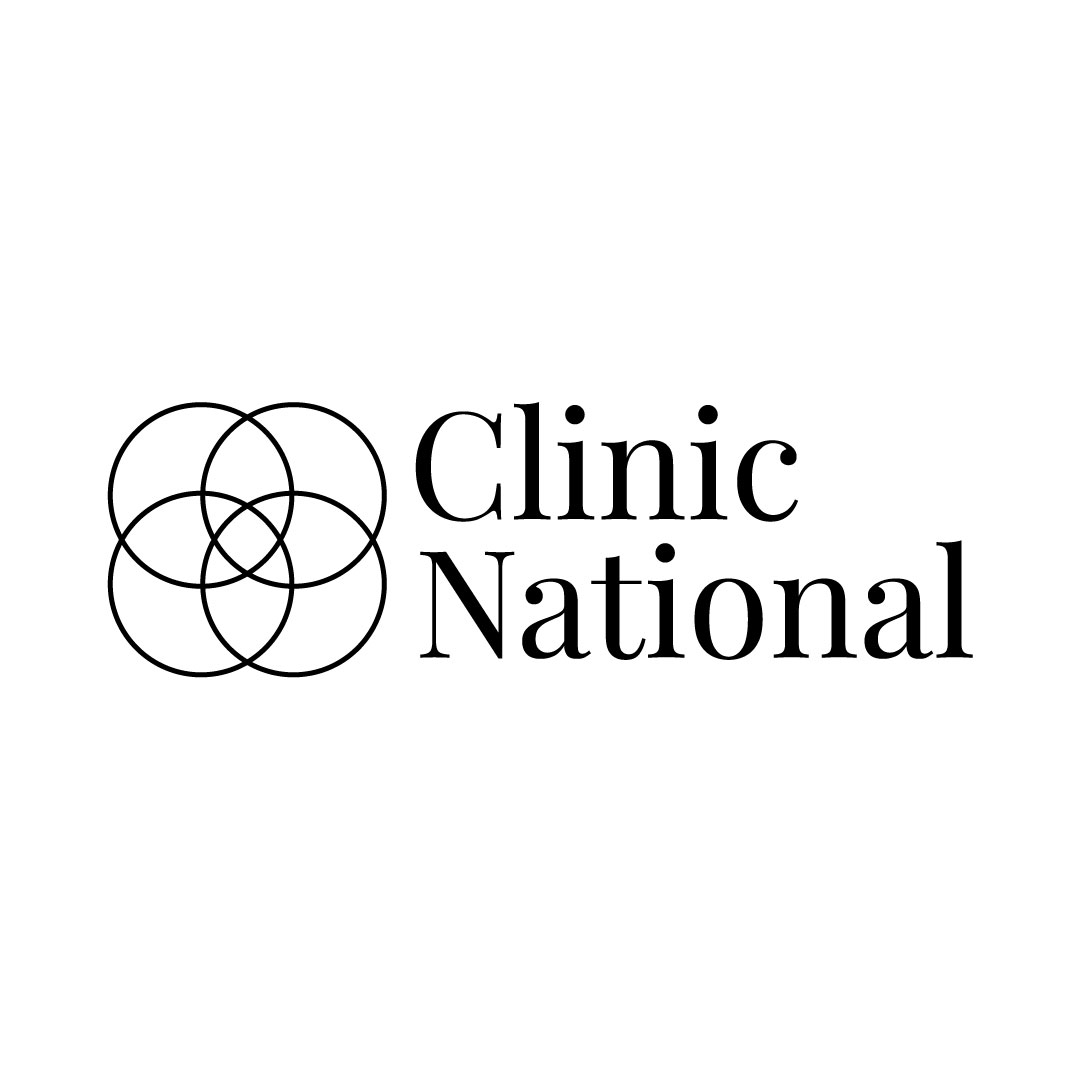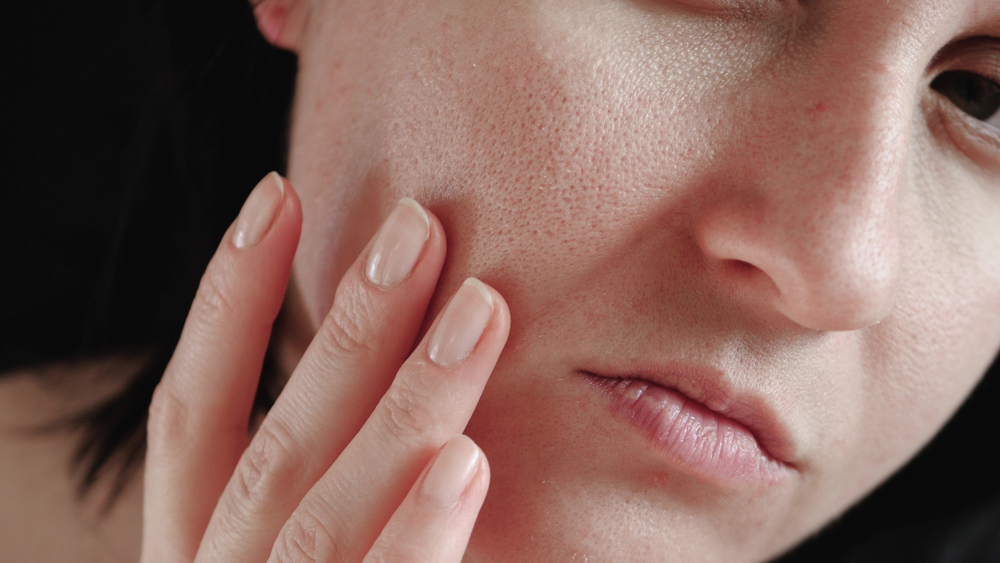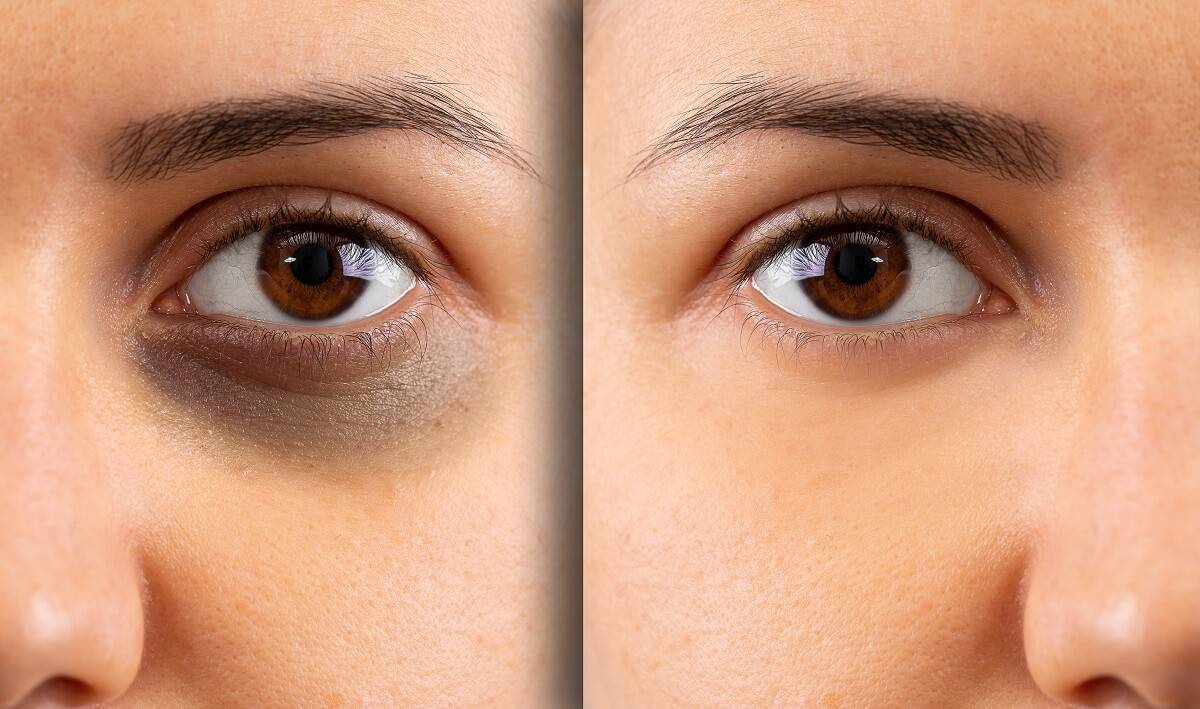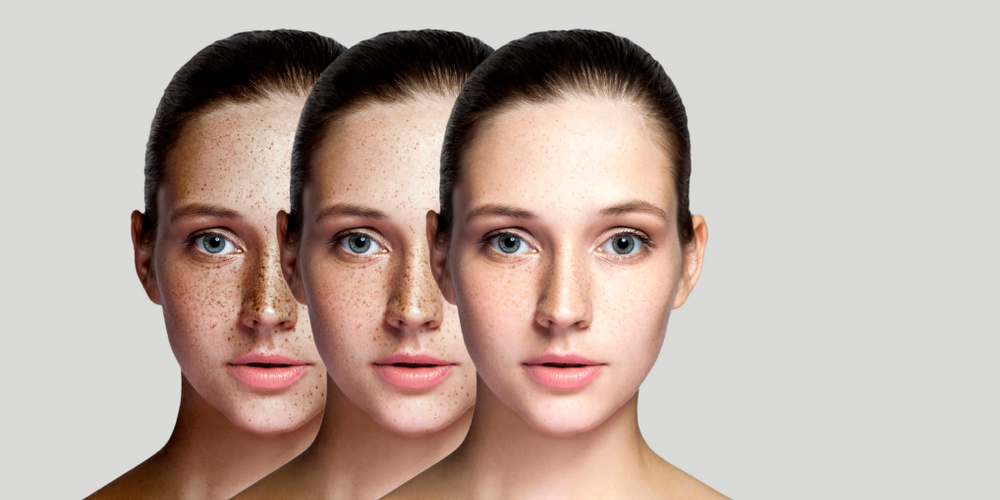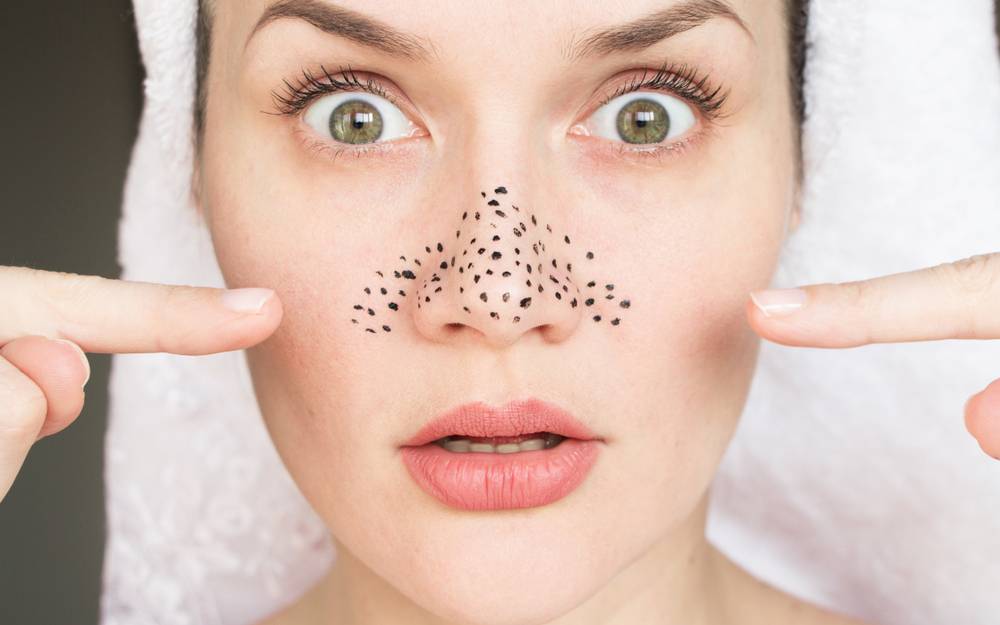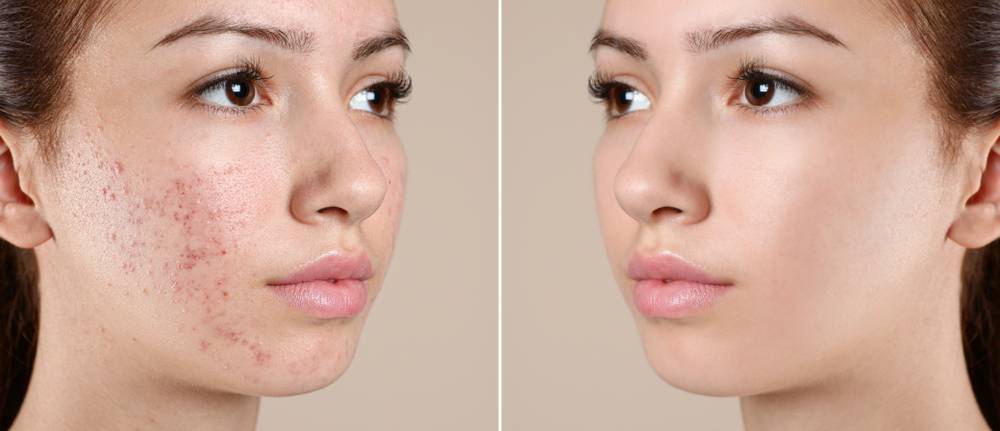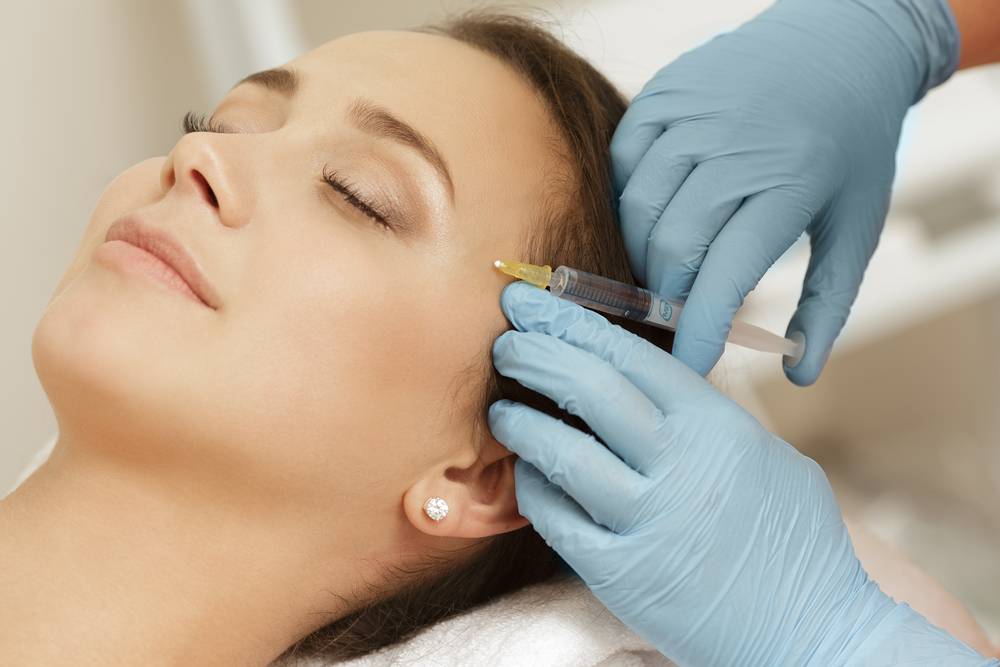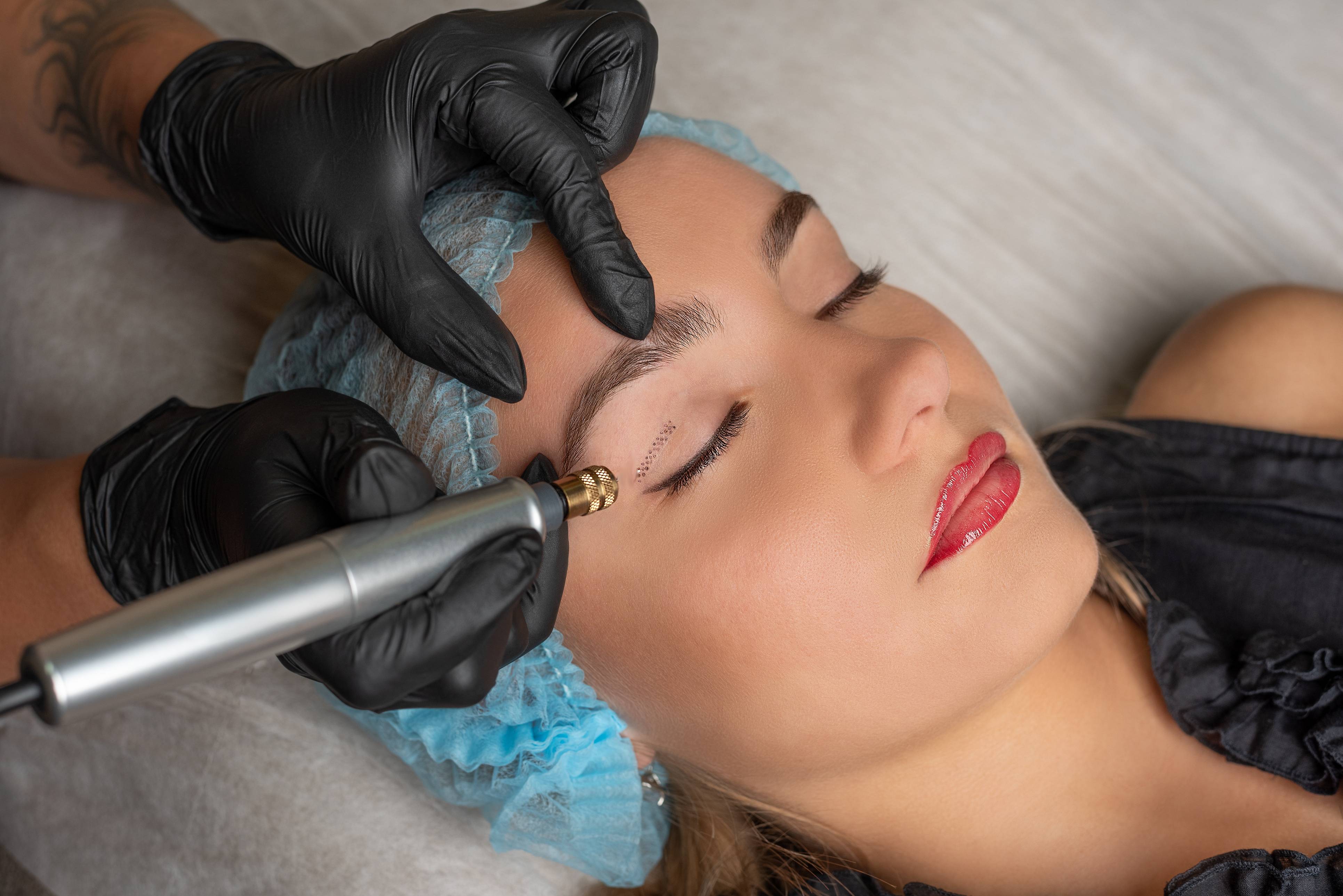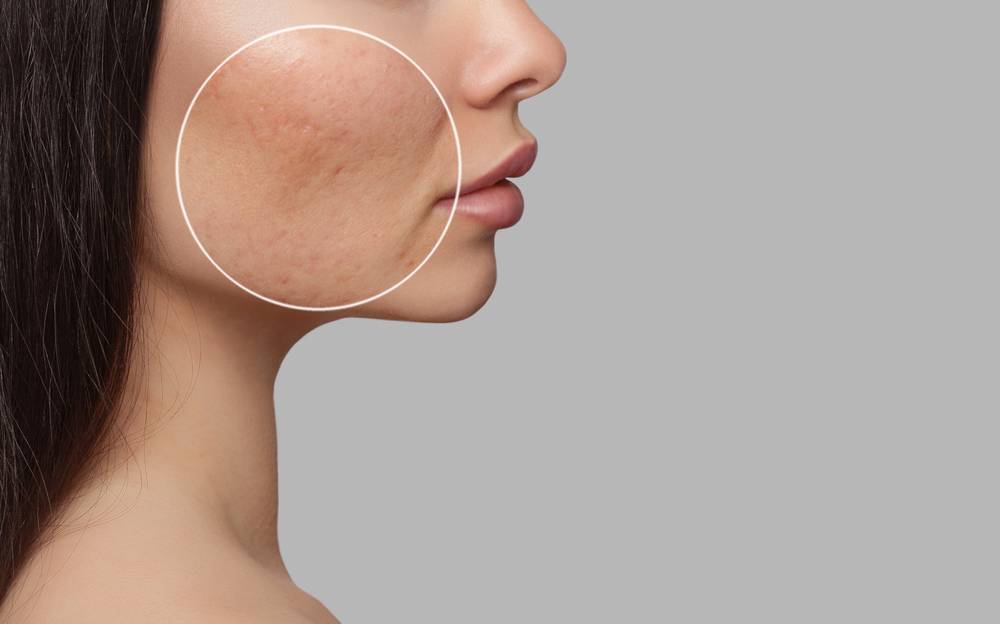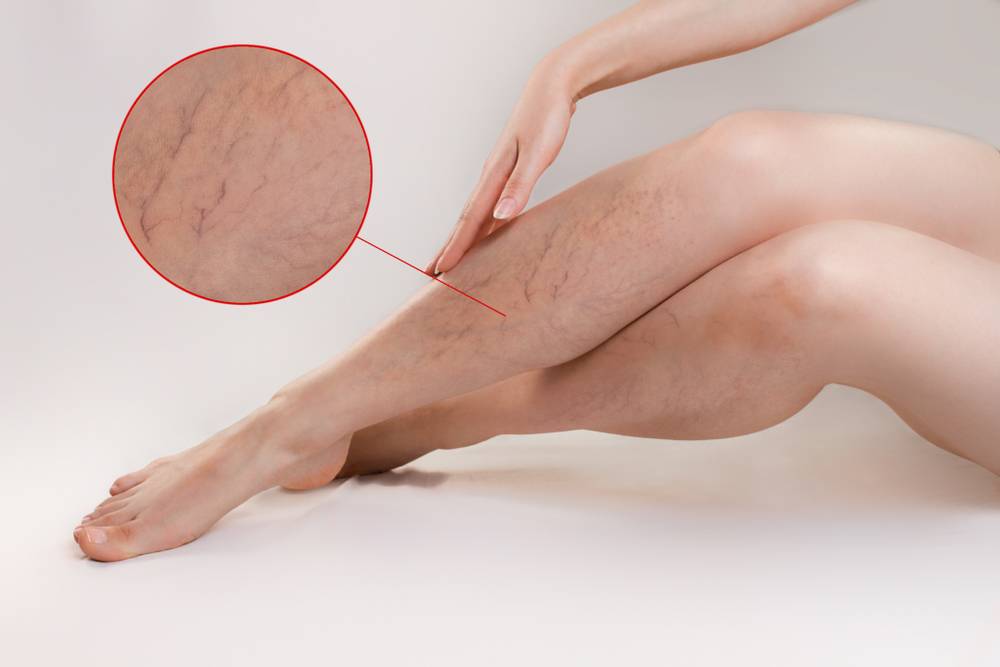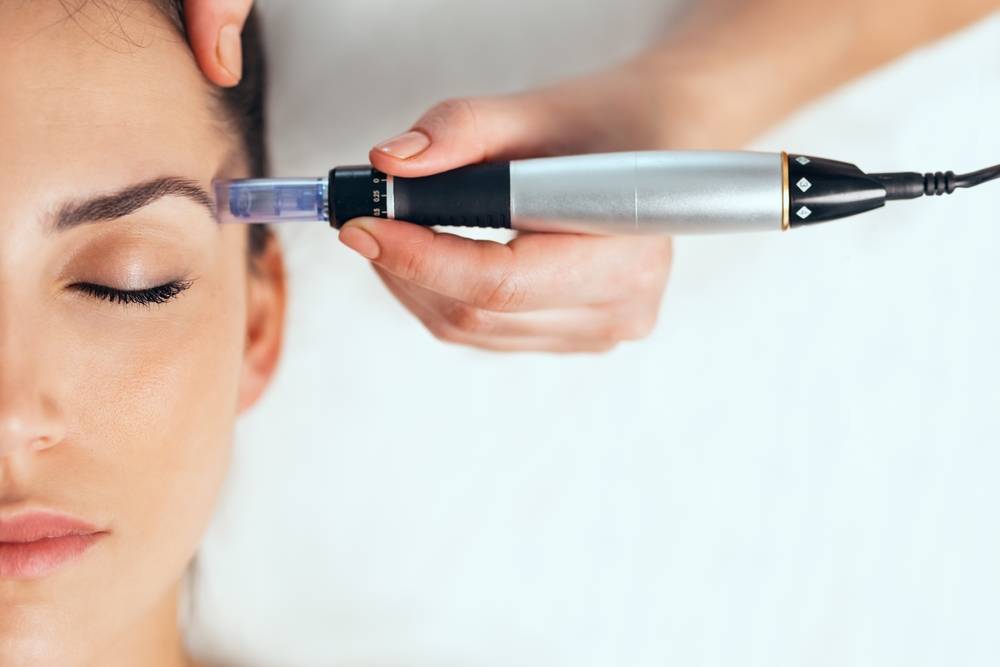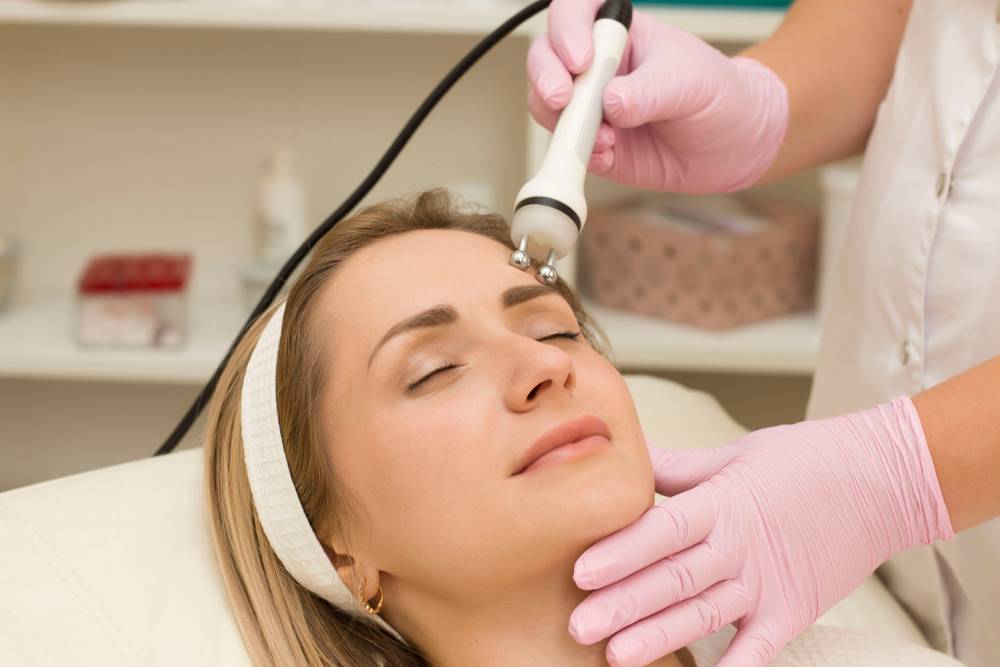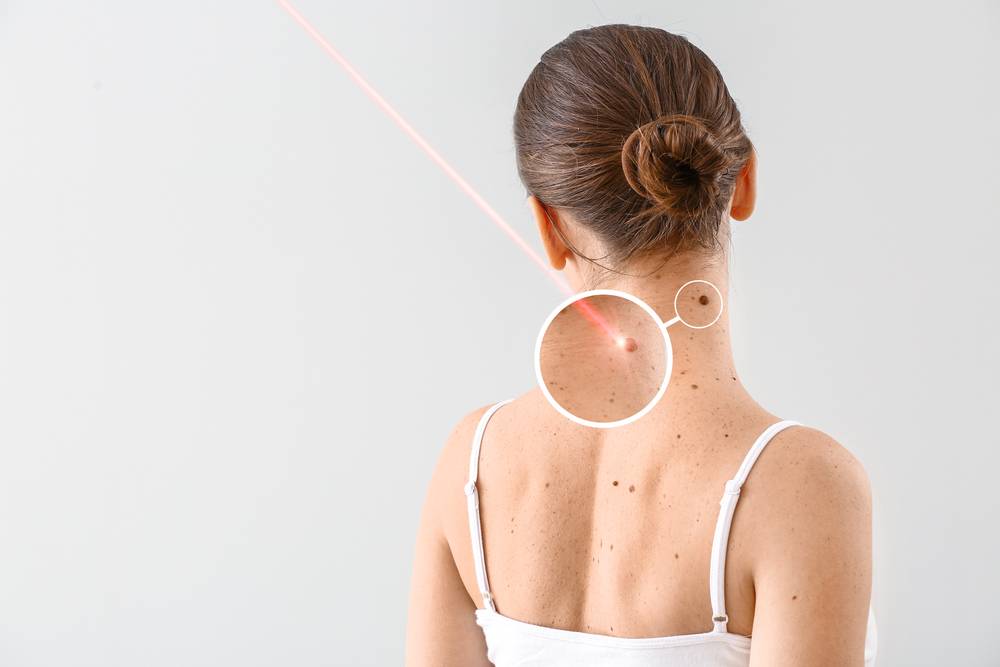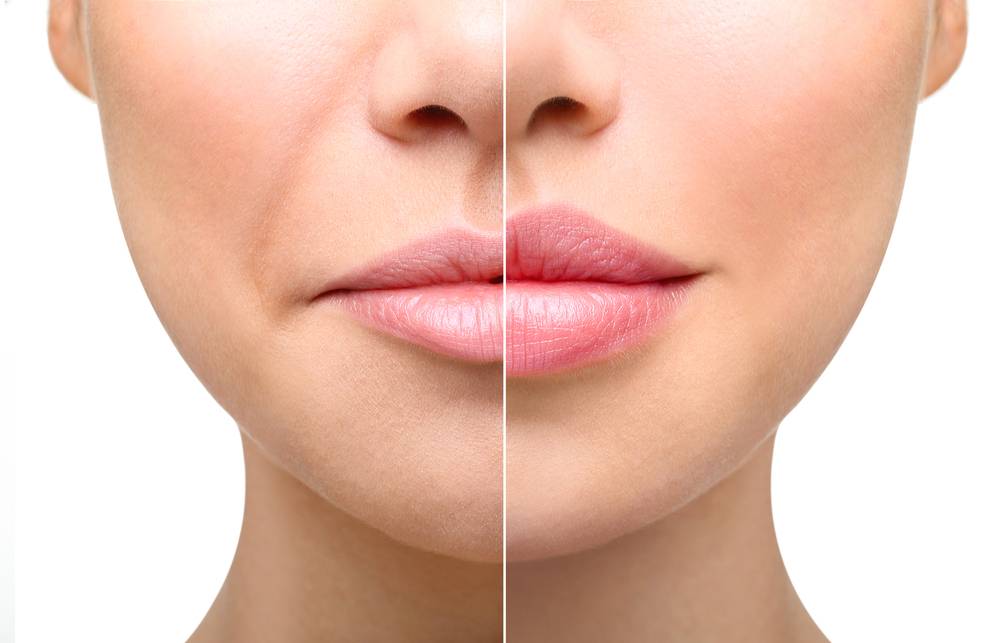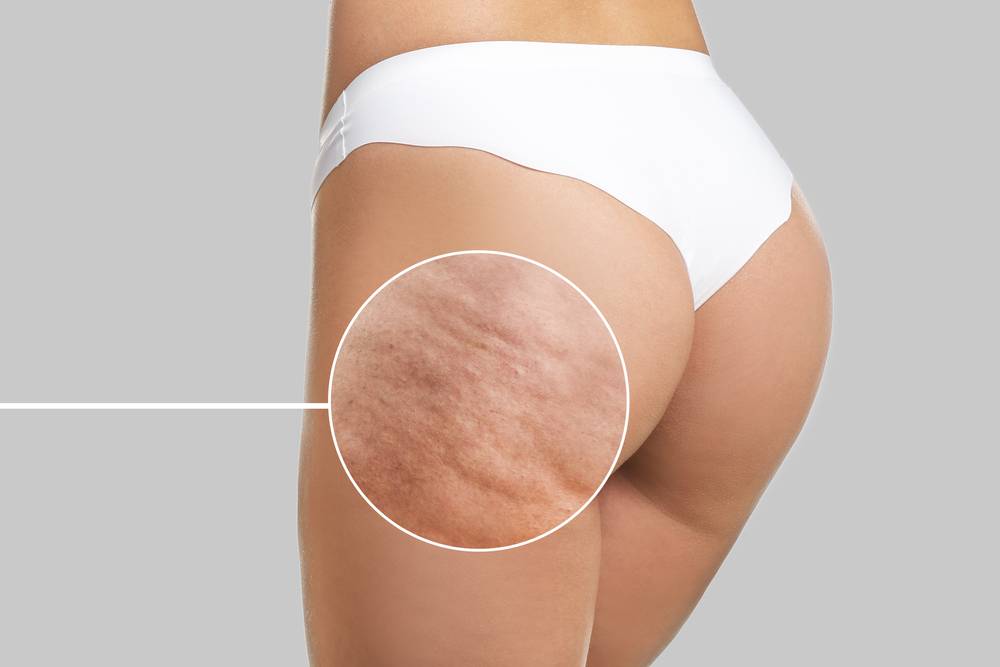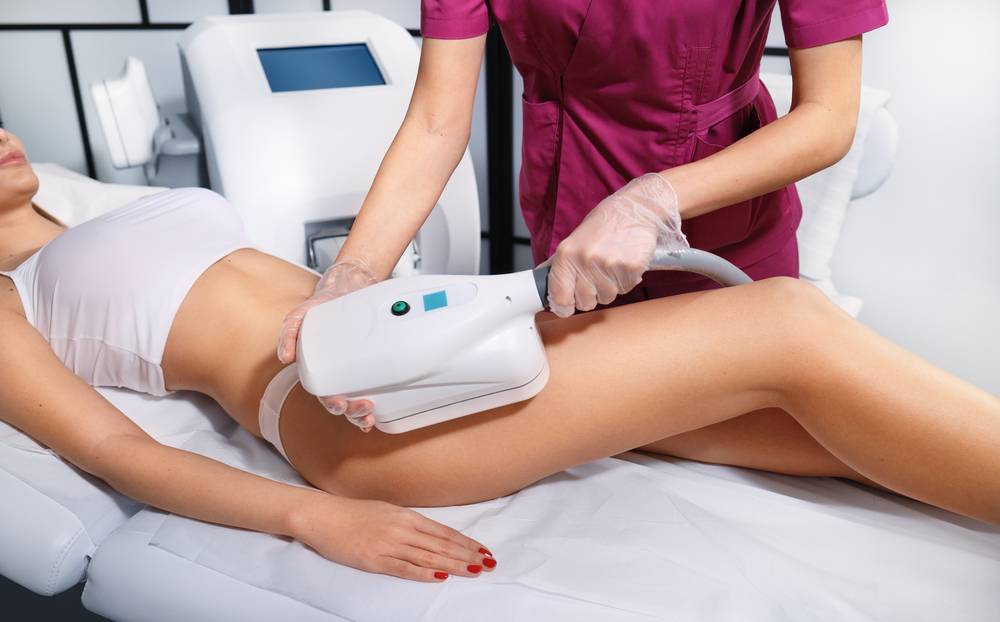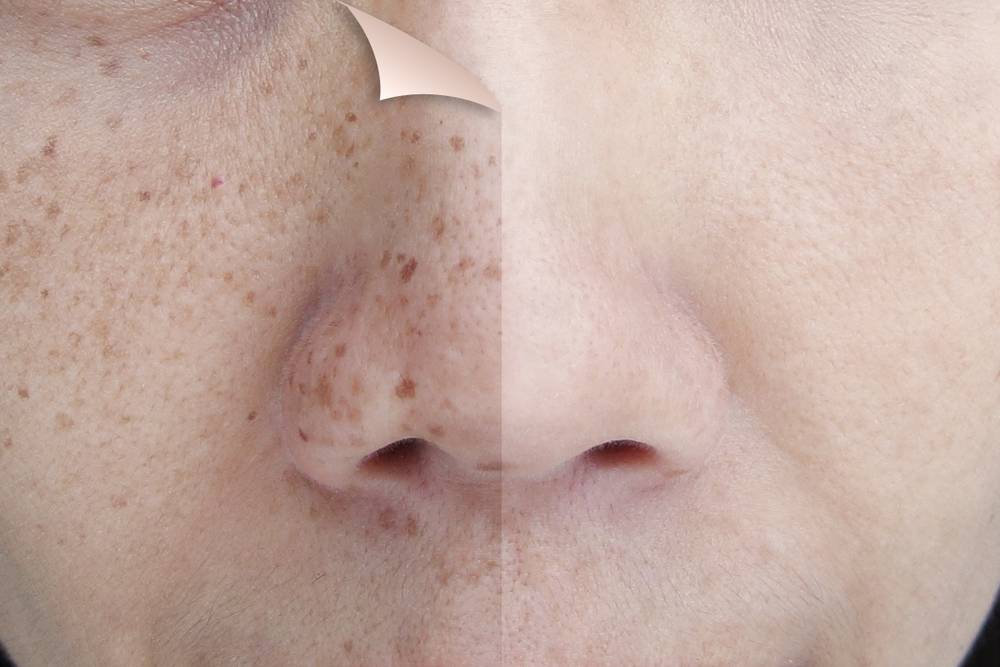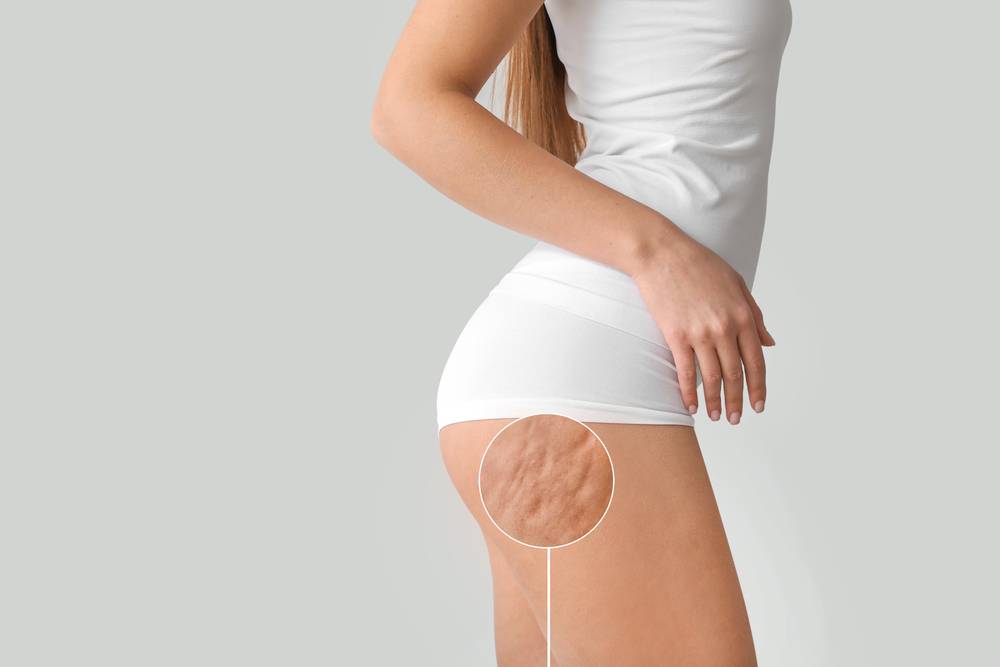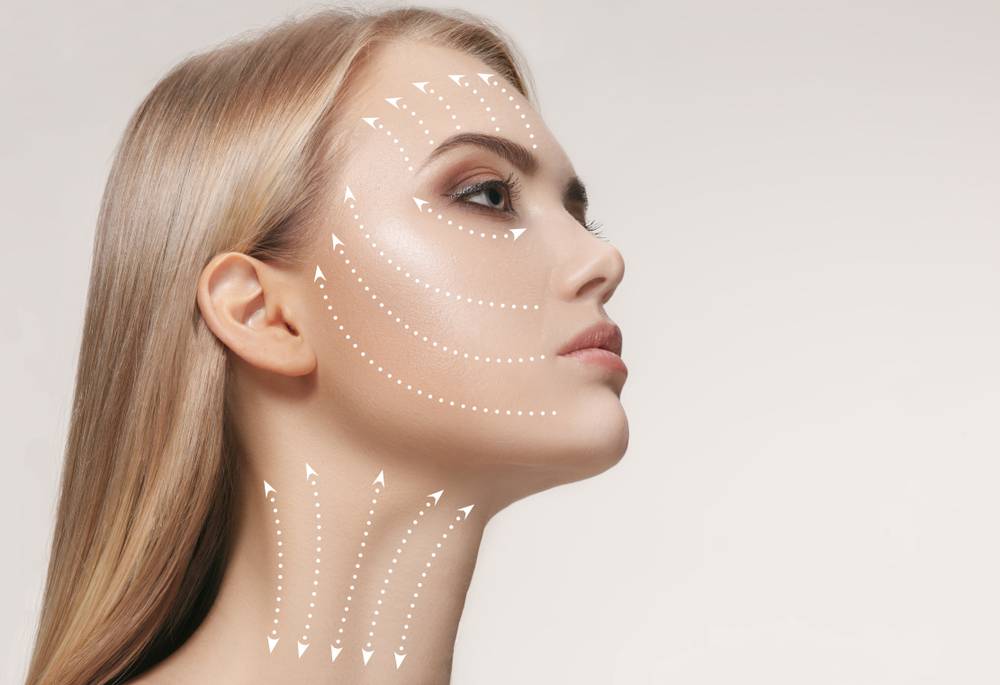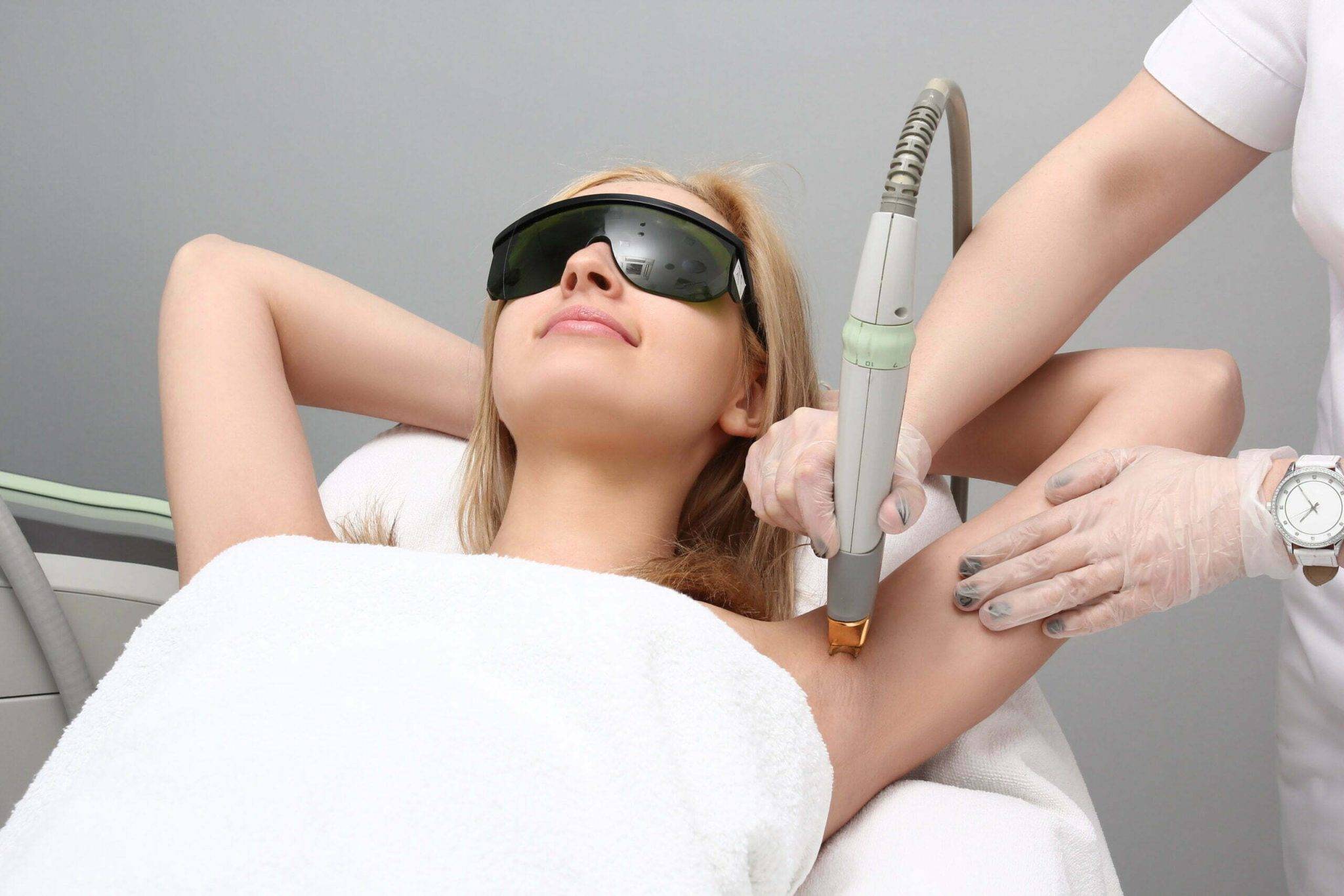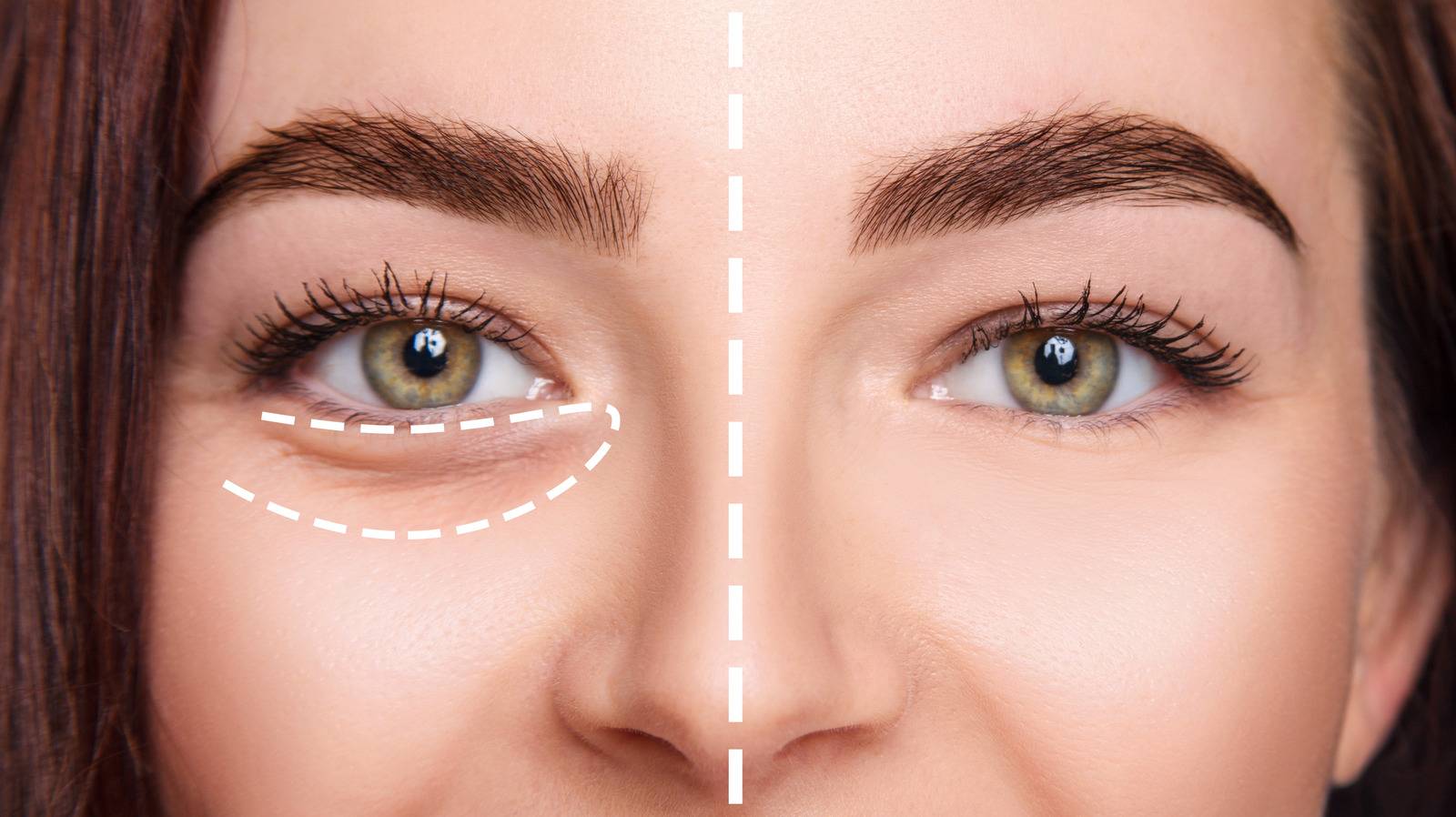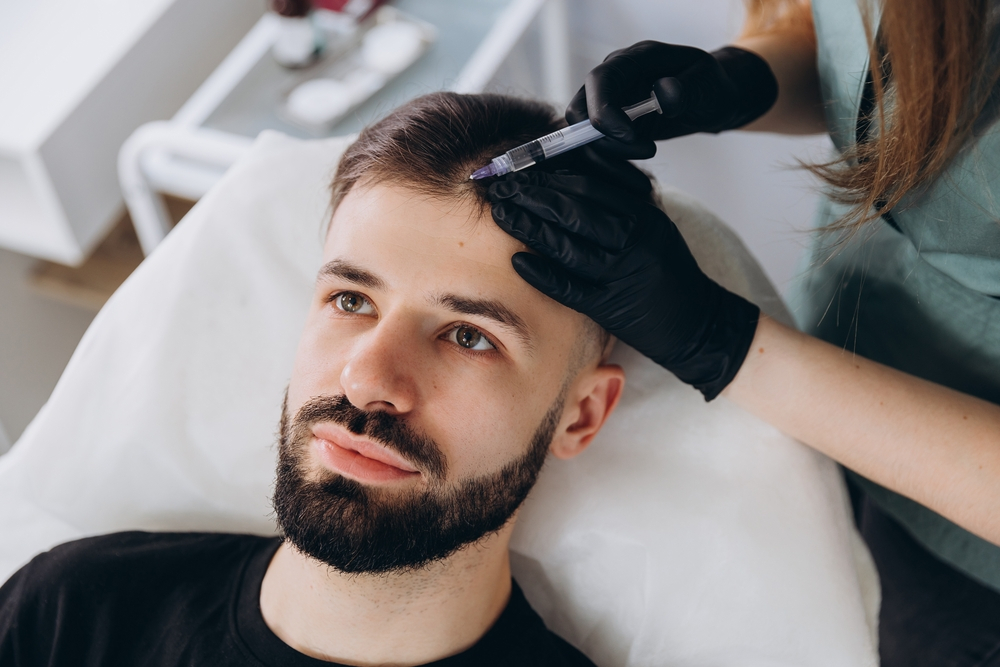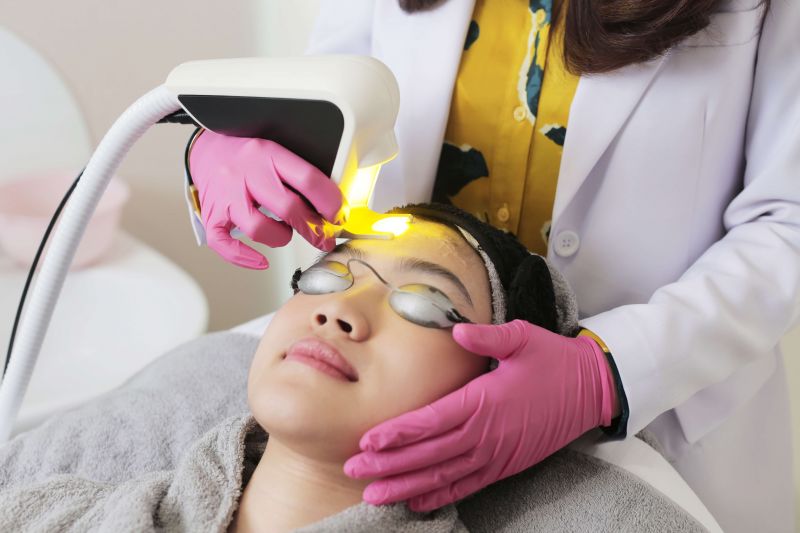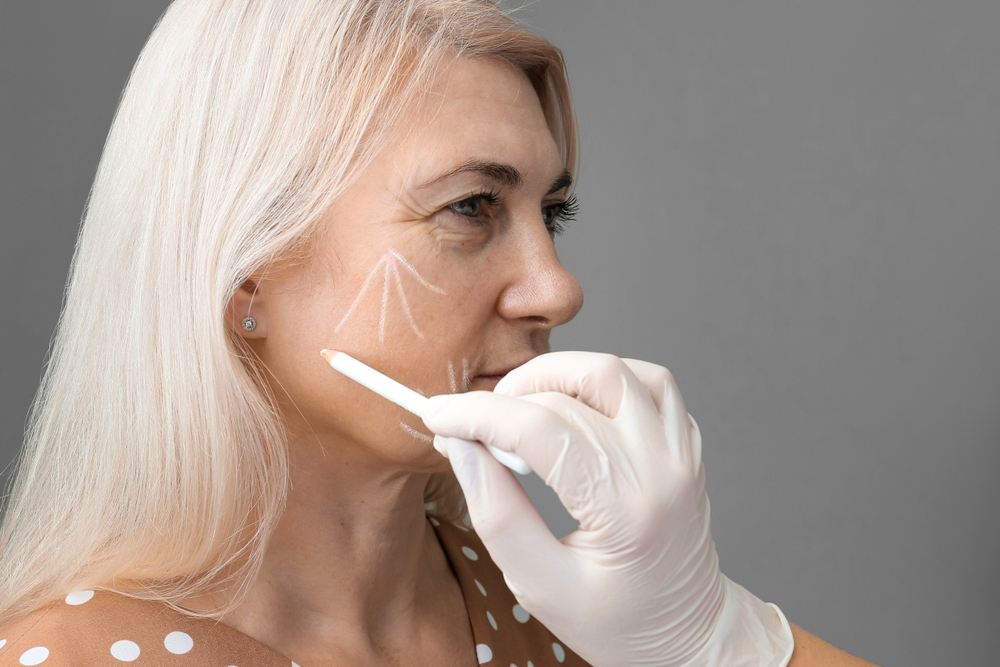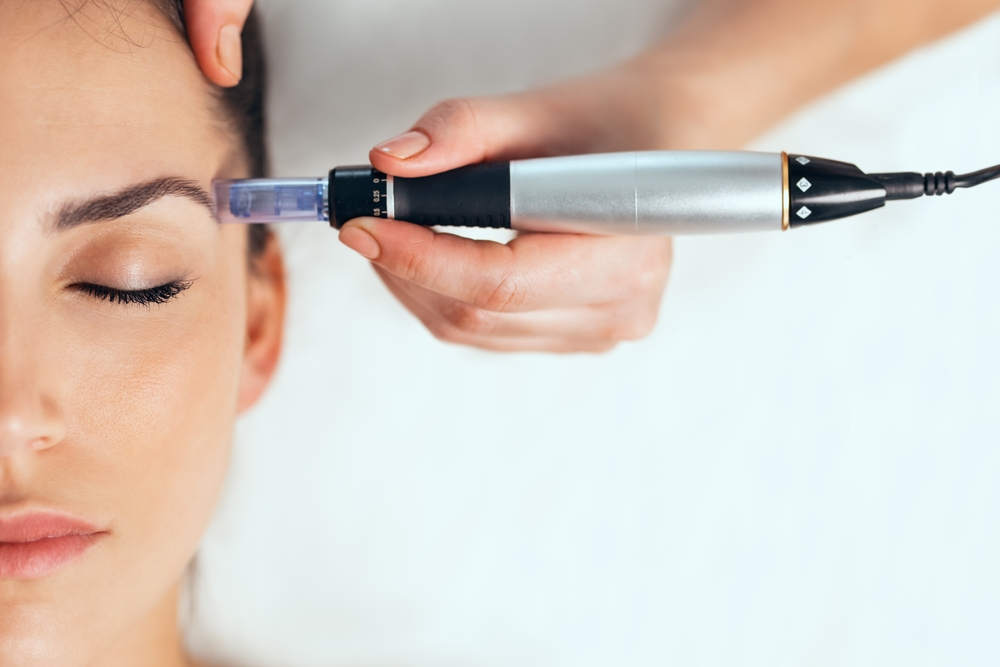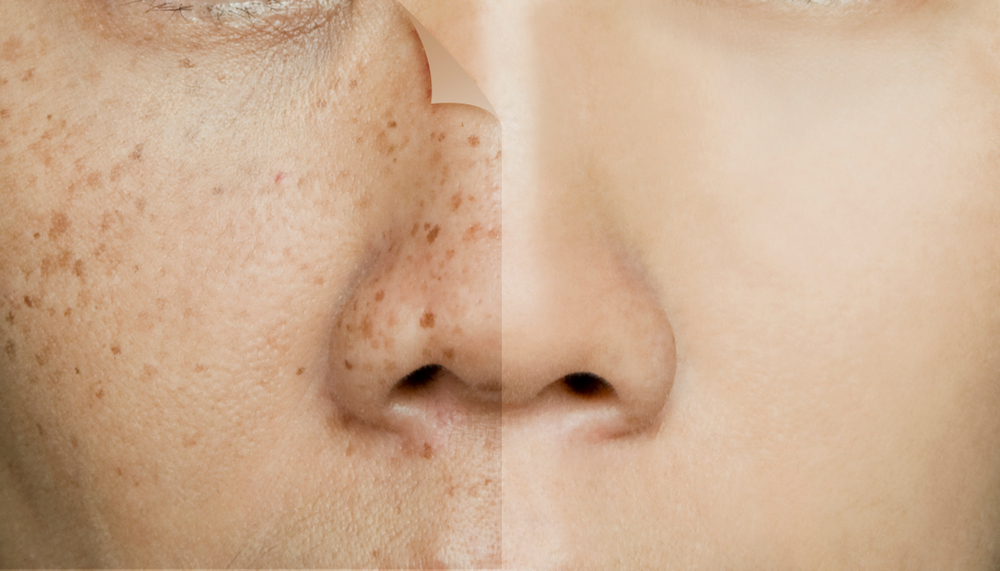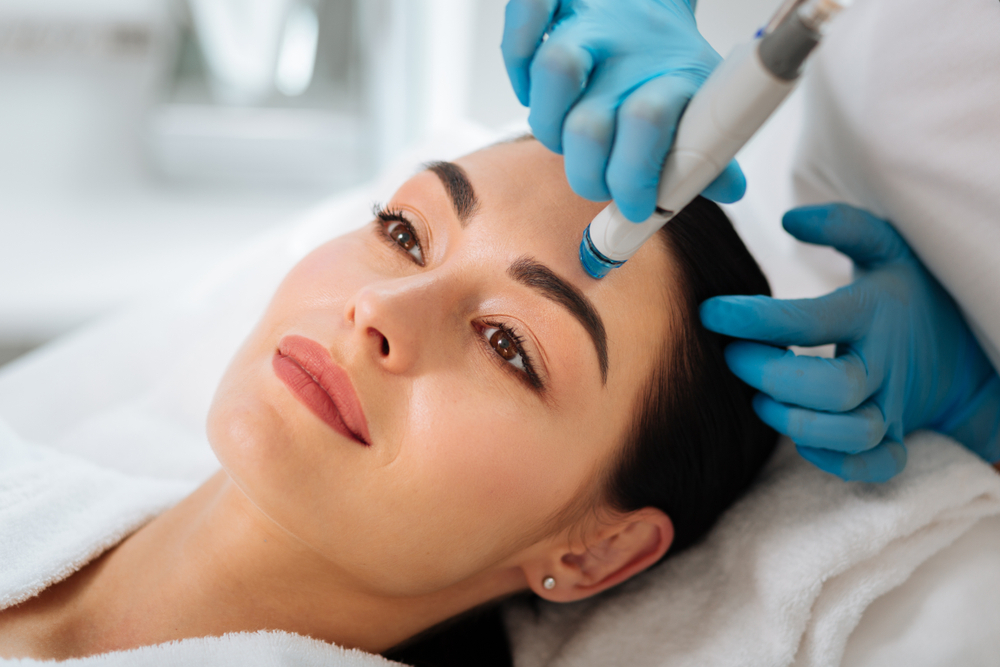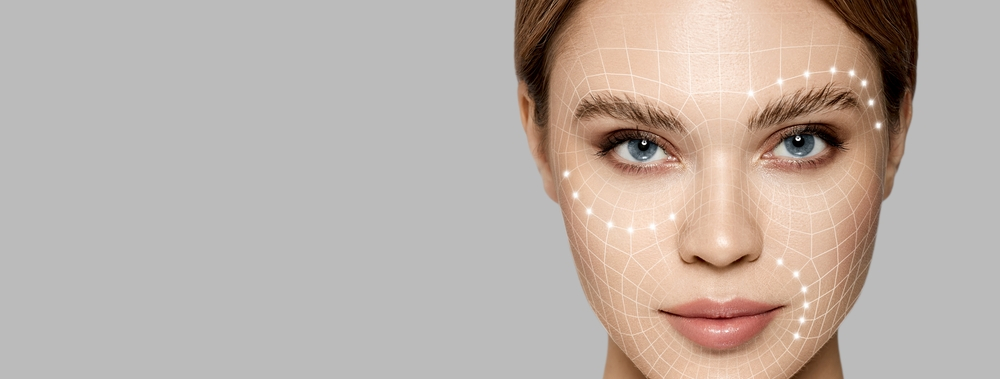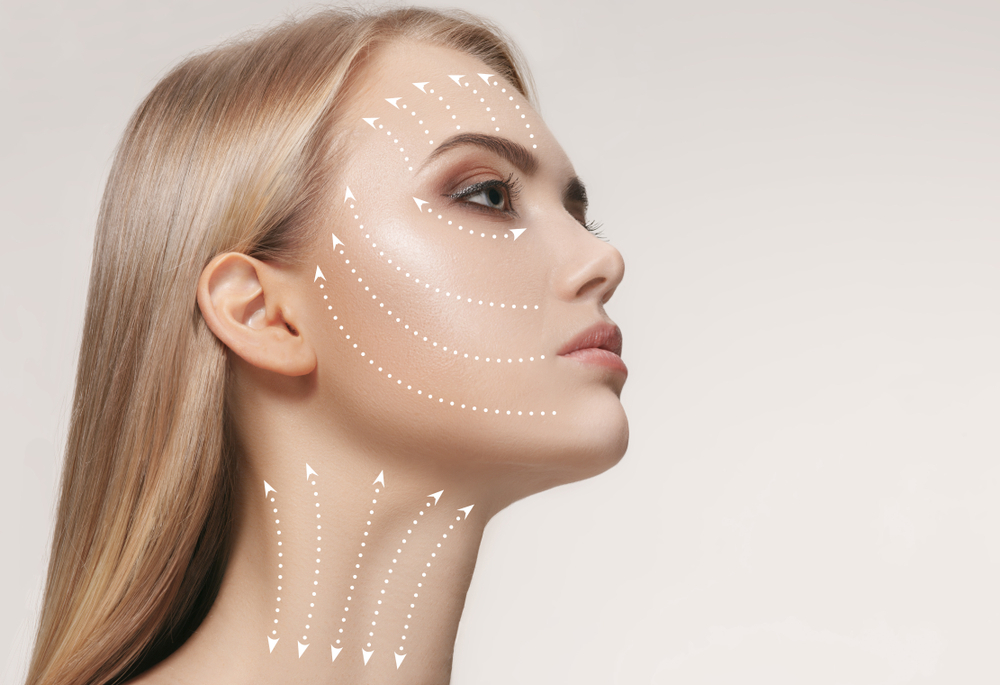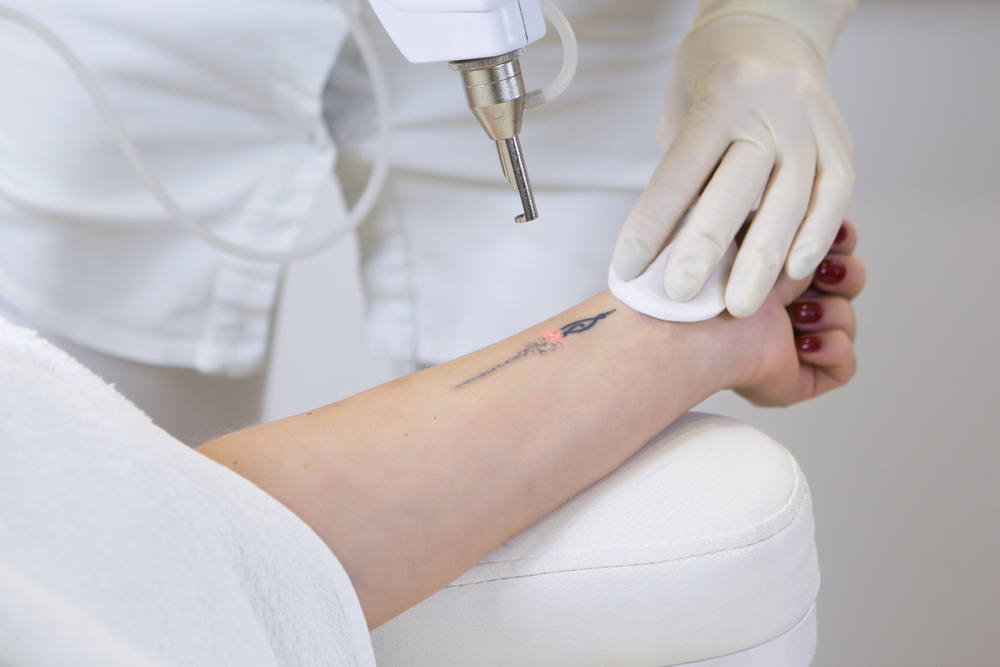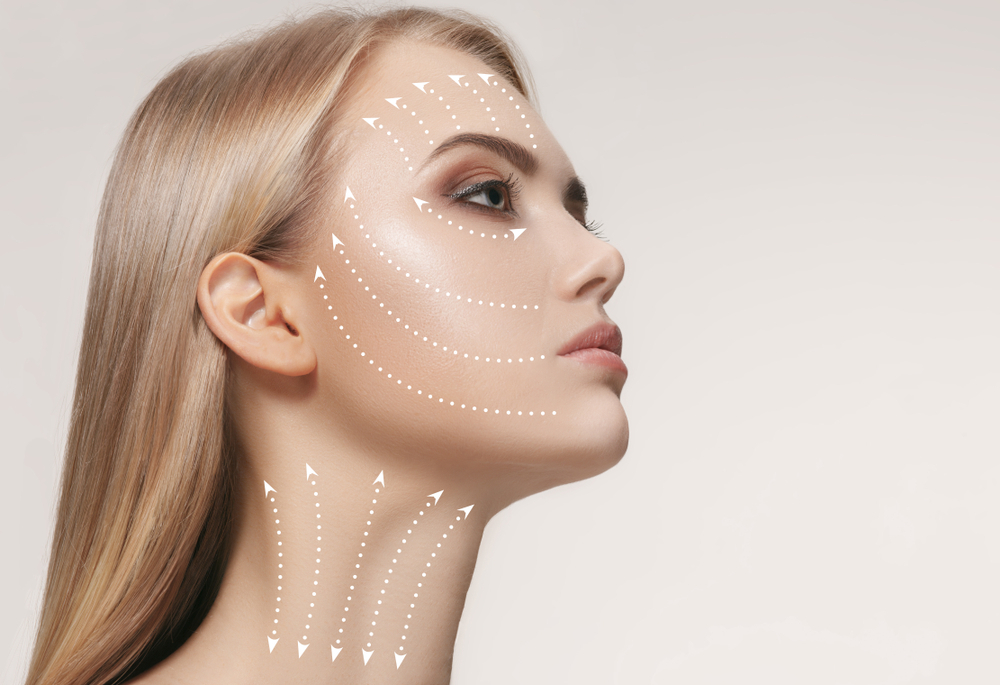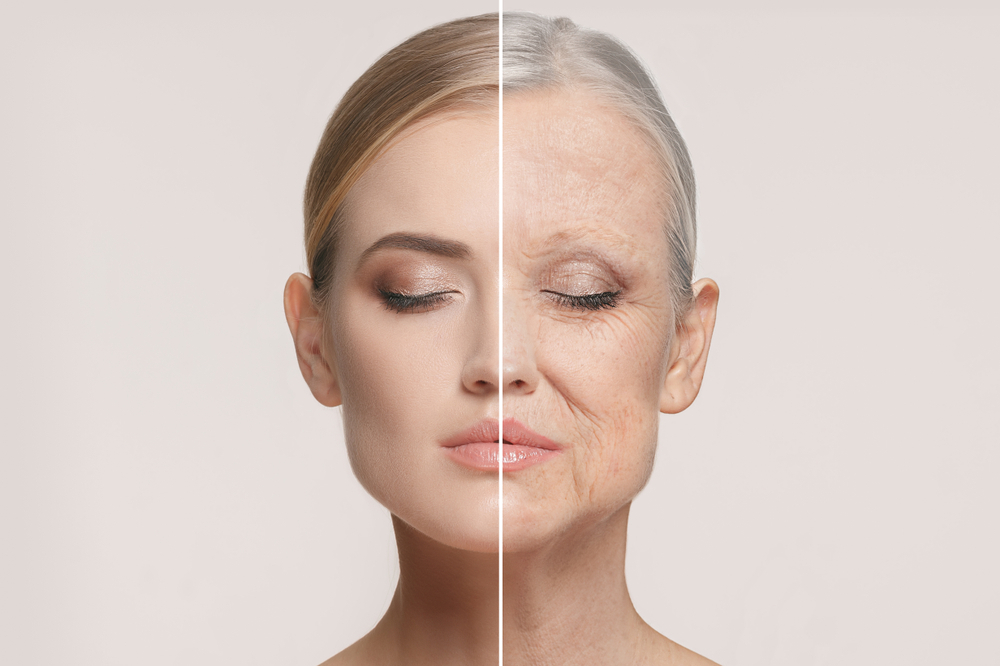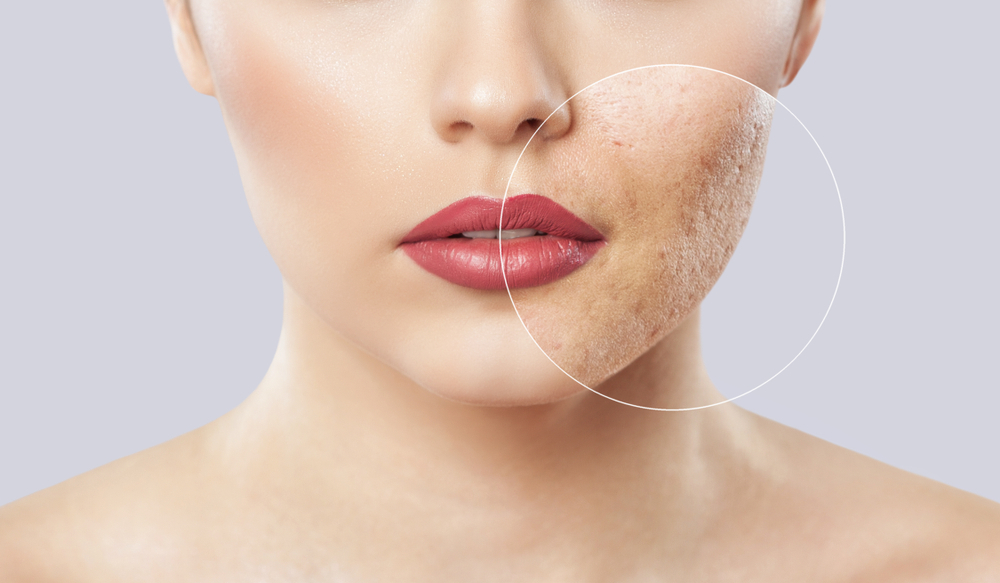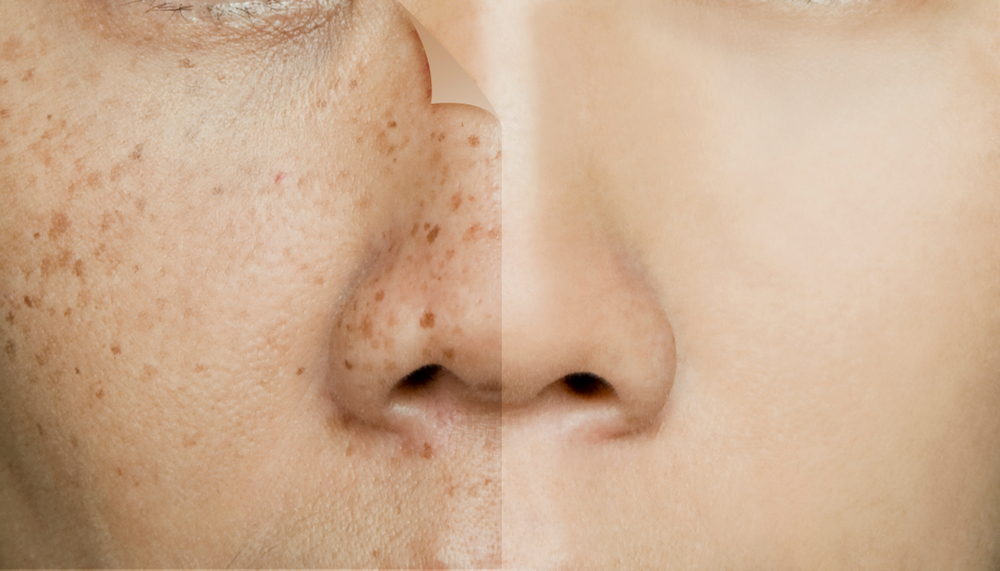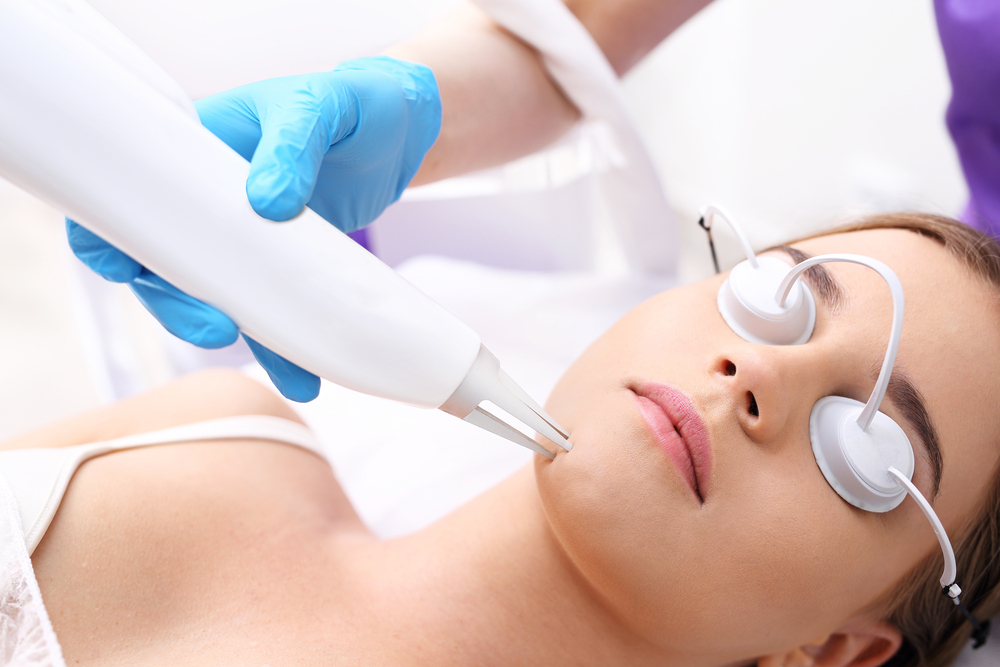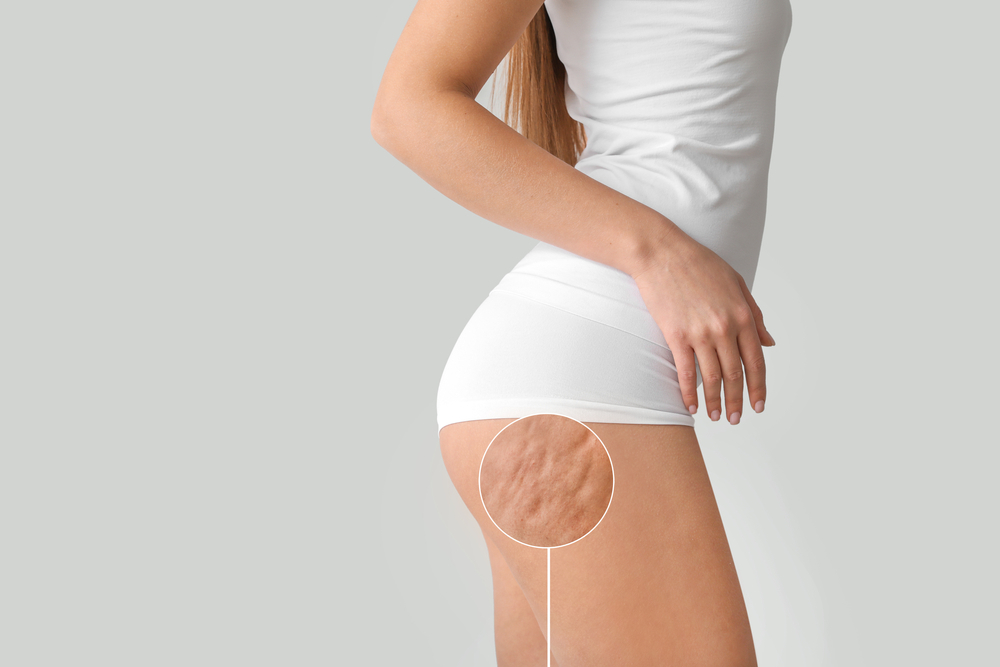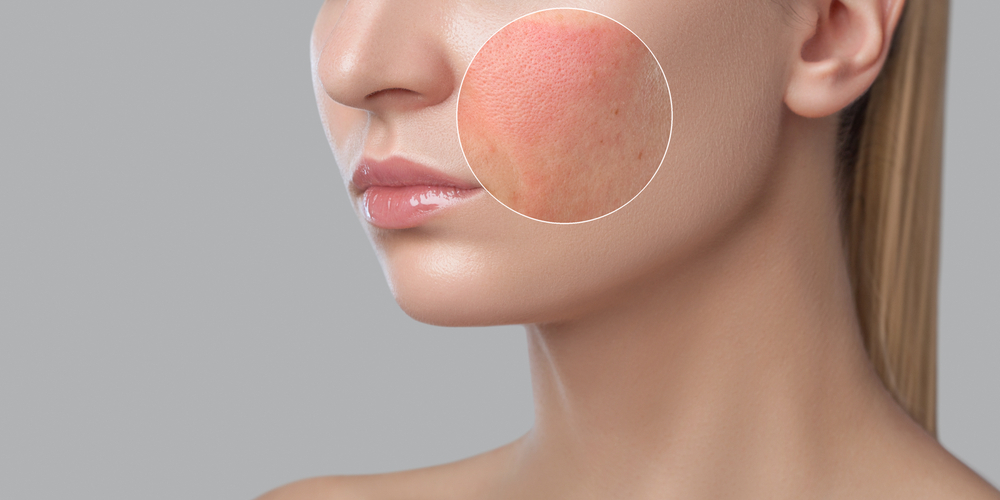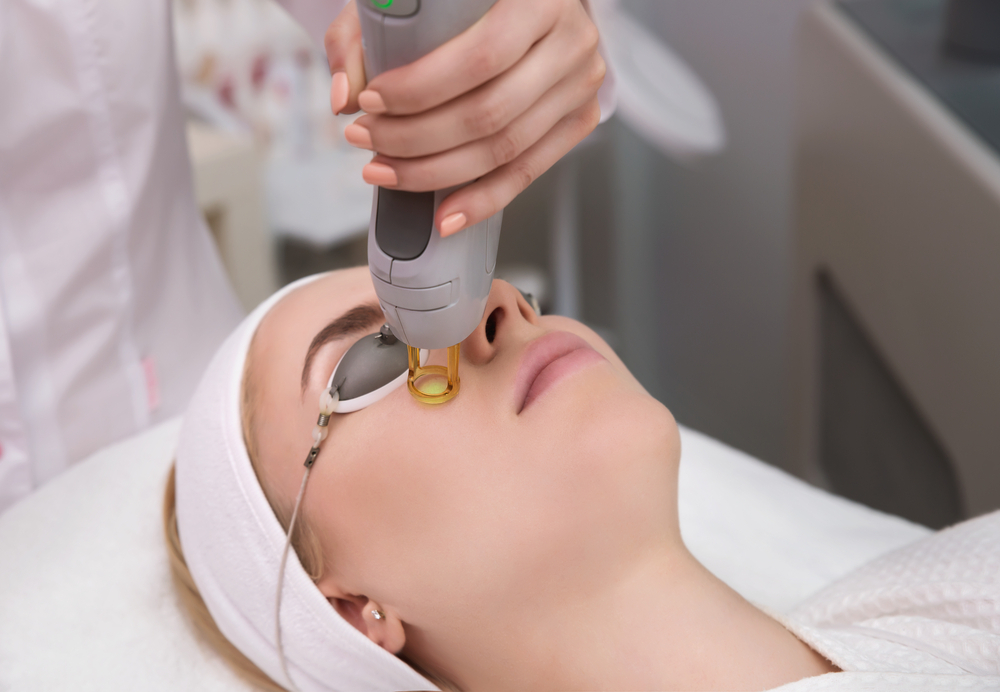Who Cannot Have Nose Filling?

Can Pregnant or Breastfeeding Women Get Nose Fillers?
Pregnancy and breastfeeding are special times that bring many changes and responsibilities. During this period, it is important to be careful about any interventions in your body and health. During pregnancy and breastfeeding, the health and safety of your baby are our top priority. In order to give a clear answer about whether nose fillers can be done during pregnancy and breastfeeding, expert opinions from reliable sources should be taken as a basis. In general, aesthetic procedures are mostly not recommended during pregnancy and breastfeeding to minimize their risks. During these processes, hormone levels may change and fluid retention in the body may increase, which may affect the results of nose fillers. You can come to Clinic National to provide you with the most accurate and informative service, and prioritize the health of you and your baby and get more information about nose fillers during pregnancy or breastfeeding safely.
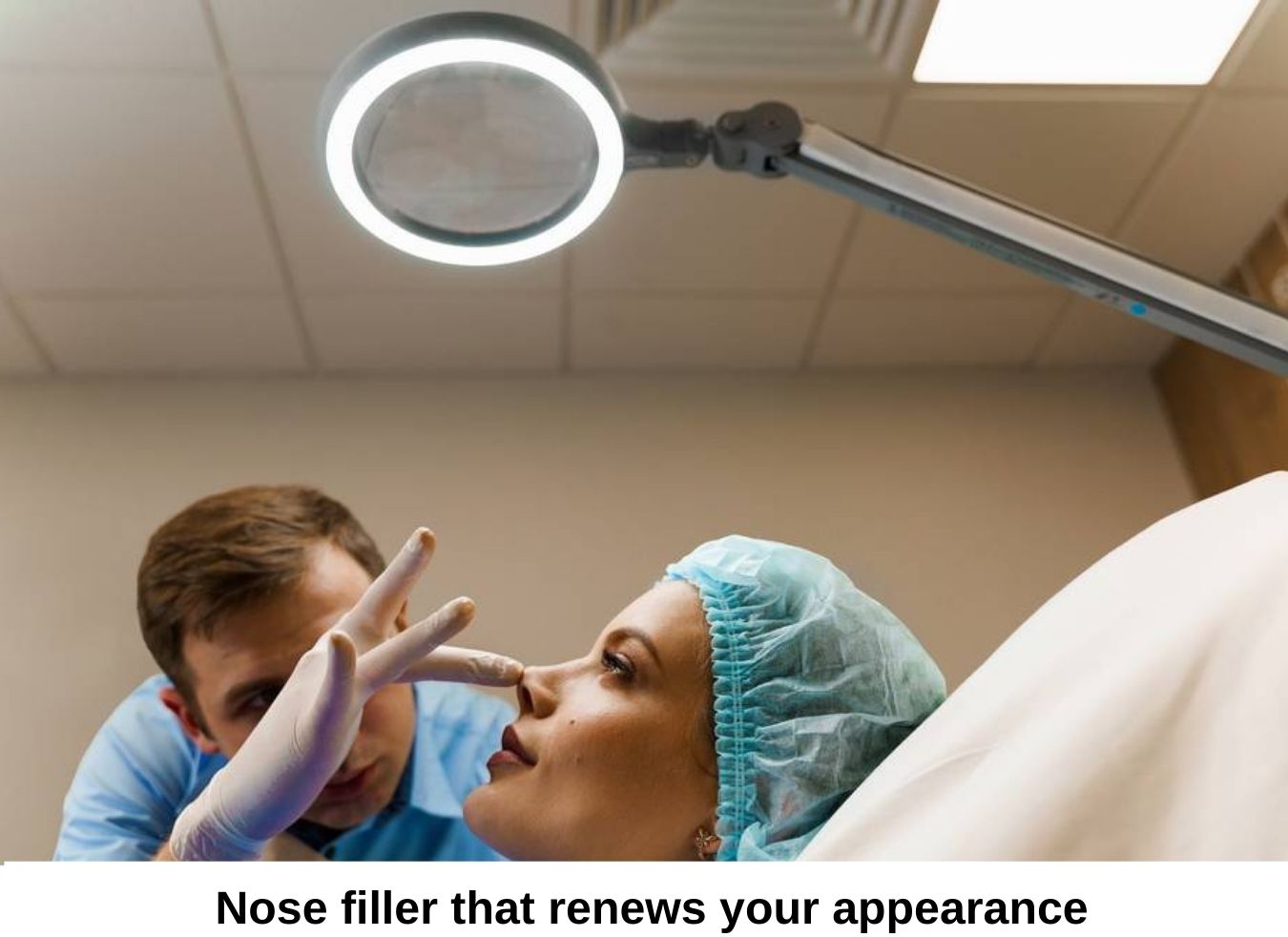
Can Those Who Have Had Nose Surgery Before Have Nose Fillers?
Those who have had nose surgery before can also have nose fillers. Since nose filler is not a more invasive surgical procedure, the recovery period after surgery is faster and less uncomfortable. However, since each individual's condition is different, the results of the previous surgery, the condition of the nasal tissues, and your personal preferences should be taken into consideration.
Can Those Prone to Allergic Reactions Have Nose Fillers?
A careful evaluation should be made before performing the nose filler procedure in individuals who are prone to allergic reactions. Allergic reactions may occur as a response to the substance used in the filler or the content of the filler. For this reason, allergy tests are recommended before the nose filler procedure in individuals who are prone to such reactions. Allergy tests are tests performed to determine a possible allergic reaction in the individual to the content of the filler. These tests involve placing small amounts of filler applied to the skin and then monitoring the skin's reaction. The individual's potential for nose filler is evaluated according to the results of the allergy tests. However, nose filler procedure may sometimes not be recommended for individuals who are at risk of any allergic reaction. In people who are prone to allergic reactions, the desired results can be achieved by using alternative treatment methods or other fillers. Therefore, if you think you are prone to allergic reactions, I recommend that you make a consultation appointment with Clinic National Aesthetic Specialists and have your personal situation evaluated. Remember, each individual's situation may be different and nose filler may not be suitable for a person at risk of allergic reactions. Therefore, it is important to make a personal evaluation by consulting a specialist. As Clinic National, we are here to offer you the most suitable and safe treatment options.
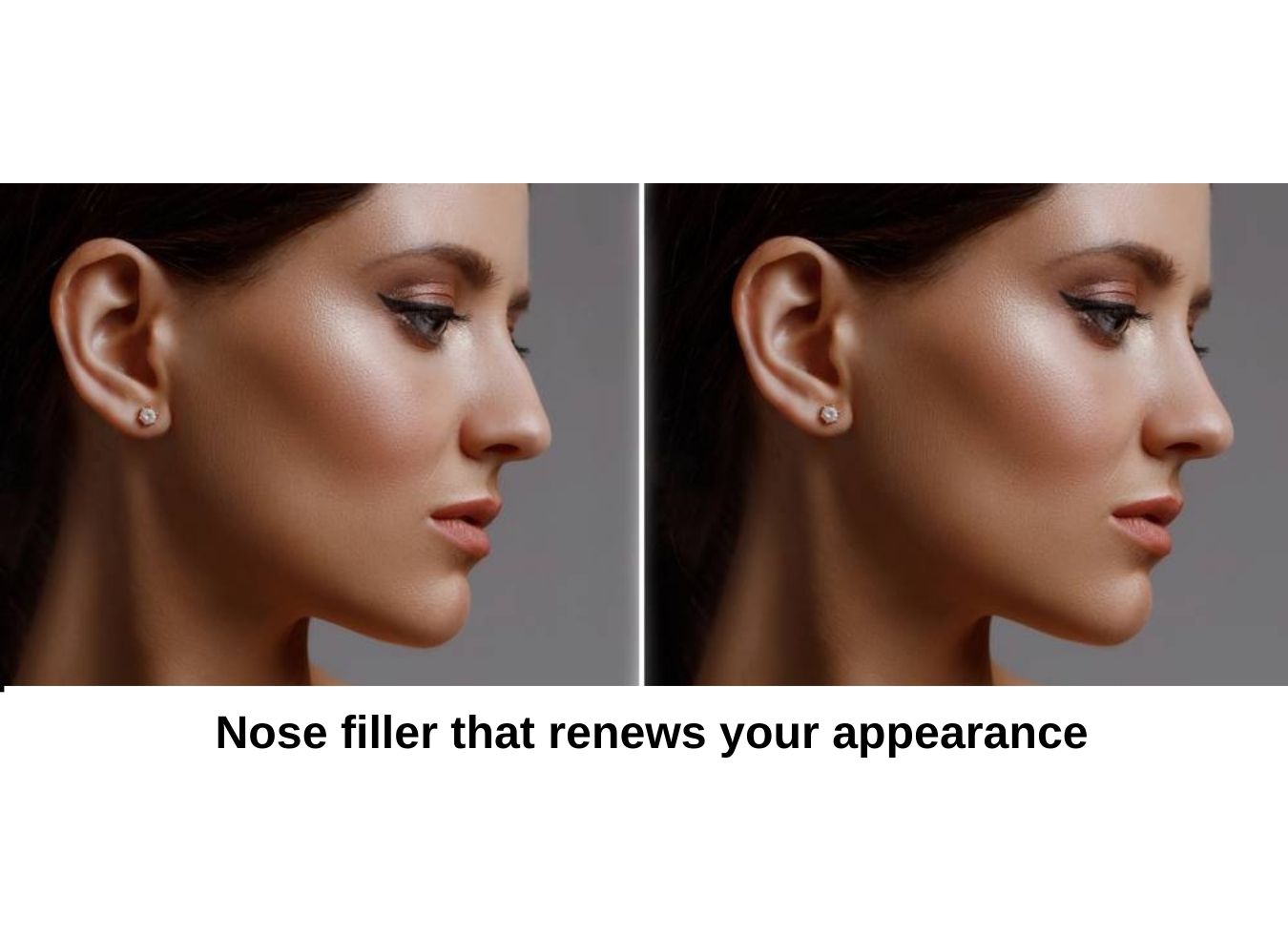
Who Should Not Have Nose Fillers?
Nose filler is an aesthetic procedure generally used to correct the shape of the nose, add volume or correct nasal deformities. However, in some cases, nose filler may not be recommended. Here are the situations when nose filler should not be applied:
Pregnancy and Breastfeeding Period: Nose filler is generally not applied to women during pregnancy and breastfeeding. During these periods, the results may not be as desired due to hormonal changes and the effect of fluid balance in the body.
Active Infections: If the individual who will have nose filler has an active infection, the procedure should be postponed. The infection should be waited for to heal and nose filler can be considered after the infection is completely under control.
Bleeding Disorders: Nose filler is not recommended for individuals with blood clotting problems. In this case, the risk of bleeding during the procedure may increase and unwanted complications may occur.
Autoimmune Diseases: Some autoimmune diseases affect the proper functioning of the immune system. In individuals with such diseases, a careful evaluation should be made before nose filler and the treatment plan should be determined by a specialist doctor.
Those Using Certain Medications: Some medications, blood thinners or medications that affect blood clotting may not be suitable for nose filler. Individuals who use such medications regularly should be evaluated by a doctor before the procedure.
These situations generally include some situations where nose filler should not be performed. However, since each individual's situation is different, it is important to consult a specialist aesthetic doctor to determine whether you are the most suitable candidate for nose filler. Your specialist doctor will make a more detailed evaluation and offer you the most appropriate treatment plan. As Clinic National, we would be happy to assist you in this regard with our experienced and expert team.
. You can contact us to make an appointment or for more information.
Can Those With Scars or Tissue Deformities Get Nose Fillers?
Nose fillers are an aesthetic procedure that is generally used to correct the shape of the nose, add volume, or eliminate nasal deformities. However, in some cases, nose fillers may not be recommended for individuals with scars or textural deformities. Scars or textural deformities may prevent the desired aesthetic results from nose fillers. In addition, the tissue structure in the scar or deformity area may make it difficult for the filler to be distributed evenly and may cause undesirable results. However, each situation is different and some mild scars or deformities may be suitable for nose fillers when properly evaluated. Therefore, it is important to consult a specialist aesthetic doctor if you have scars or textural deformities. Your doctor will evaluate your condition, offer you the most appropriate treatment option, and create a plan that meets your expectations. As Clinic National, we are here to address issues related to your scars or tissue deformities with our experienced and expert team and to offer you the most appropriate treatment option. You can contact us to make an appointment or for more information.
İlgili Yazılar
See AllNeed to Contact Us?
We would want to hear more.
